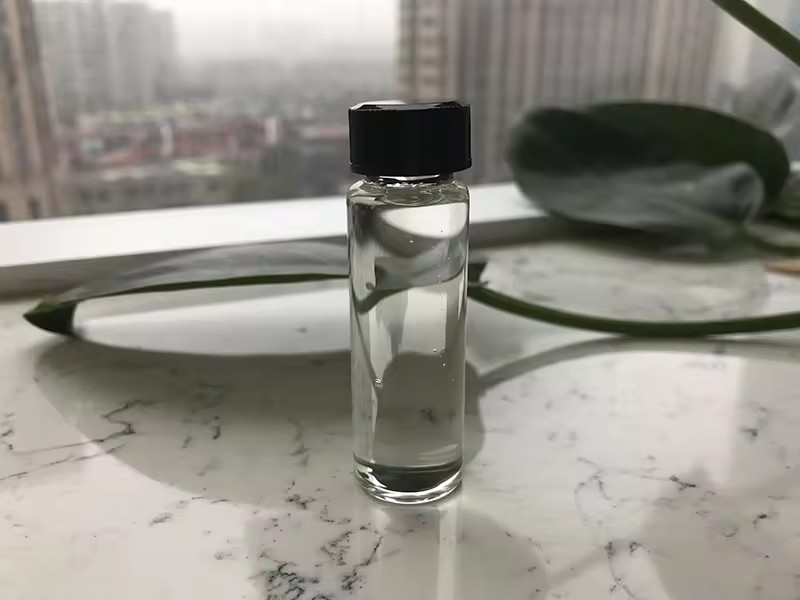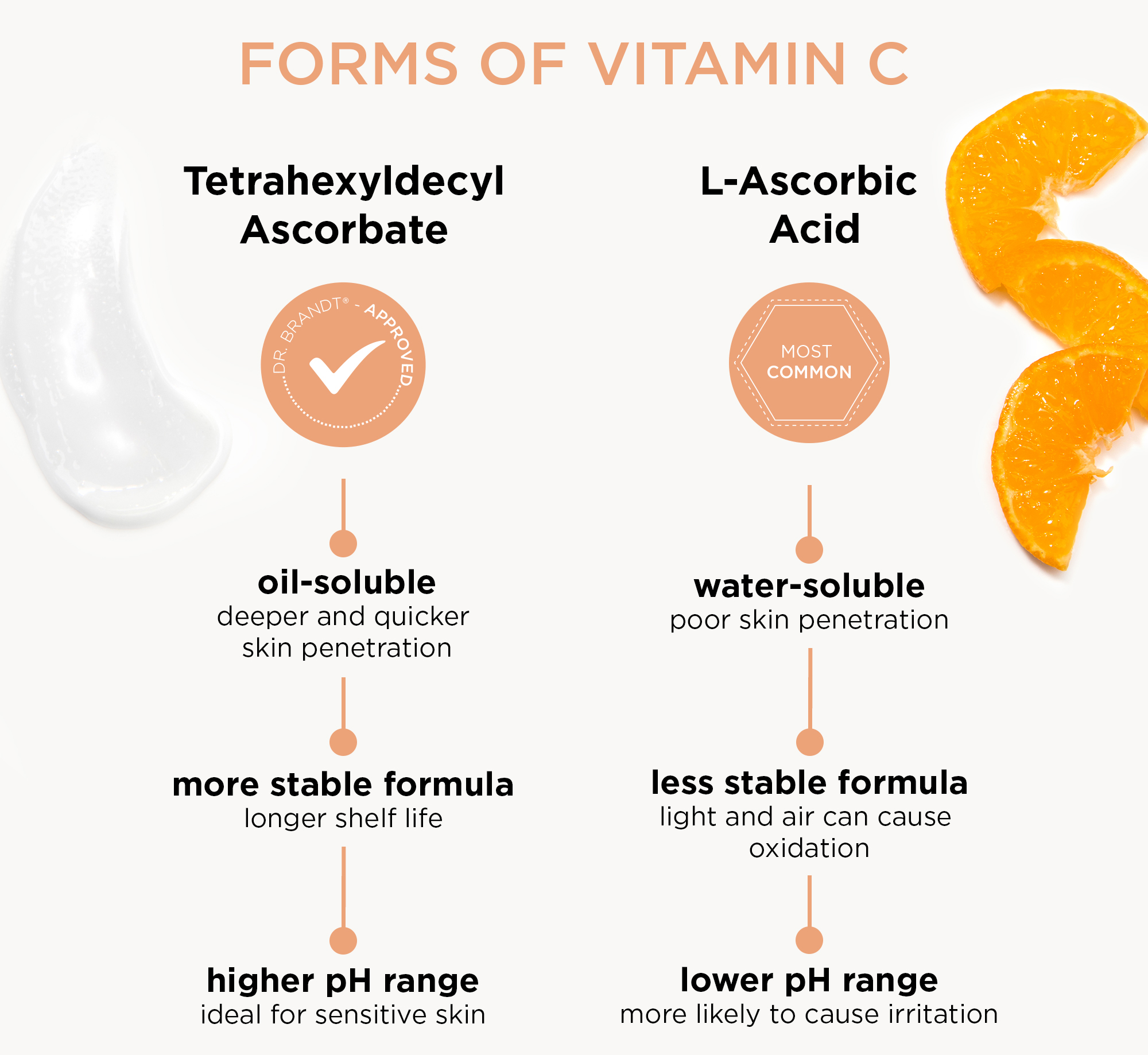Ascorbyl Tetraisopalmitate and Tetrahexyldecyl Ascorbate are both stable, oil-soluble forms of Vitamin C commonly used in skincare products. They have similar functions but some differences in their structure and effectiveness. Here’s a comparison:
1. Chemical Structure:
- Ascorbyl Tetraisopalmitate: This is a derivative of Vitamin C (ascorbic acid) with four isopalmitate (a type of fatty acid) groups attached. It is highly lipophilic (oil-soluble).
- Tetrahexyldecyl Ascorbate: This is another fat-soluble form of Vitamin C, where the ascorbic acid molecule is esterified with a tetrahexyldecyl group, a type of branched fatty alcohol. It is also oil-soluble.
2. Stability:
- Both are designed to be more stable than traditional water-soluble Vitamin C (ascorbic acid), which is prone to oxidation.
- Ascorbyl Tetraisopalmitate is known to be stable in various formulations, especially in oil-based ones.
- Tetrahexyldecyl Ascorbate is also stable, and it tends to be better tolerated in sensitive skin formulations.

3. Skin Penetration and Efficacy:
- Ascorbyl Tetraisopalmitate is effective for brightening and stimulating collagen production. It is considered to have good penetration into the skin due to its oil-soluble nature, but some studies suggest it may be less effective at delivering Vitamin C deep into the dermis compared to other forms.
- Tetrahexyldecyl Ascorbate is believed to have excellent skin penetration. It’s a highly effective antioxidant and can stimulate collagen production, helping with signs of aging, pigmentation, and overall skin tone improvement.
4. Skin Tolerance:
- Both are generally well-tolerated, but Tetrahexyldecyl Ascorbate tends to be gentler on the skin and is less likely to cause irritation compared to other forms of Vitamin C.
5. Common Uses in Skincare:
- Both are used in anti-aging products, serums, and moisturizers for their antioxidant properties, helping to reduce pigmentation, brighten the skin, and improve skin texture.
- Ascorbyl Tetraisopalmitate is often found in more intensive formulations, including oils and serums.
- Tetrahexyldecyl Ascorbate is frequently used in products targeting sensitive skin, as it’s less likely to irritate.
6. Price and Availability:
- Both are more expensive than water-soluble Vitamin C (ascorbic acid), but Tetrahexyldecyl Ascorbate is often considered a premium ingredient, which may make it slightly more costly in some formulations.

Conclusion:
Both are excellent choices for Vitamin C derivatives, offering the benefits of Vitamin C with better stability and skin penetration. If you have sensitive skin or are looking for a gentler option, Tetrahexyldecyl Ascorbate might be the better choice. However, if you’re looking for a more potent option in an oil-based formula, Ascorbyl Tetraisopalmitate could be a strong contender. Both can brighten the skin, promote collagen synthesis, and offer antioxidant protection.
Let me know if you’d like more specific product recommendations or if you need help choosing between them!
